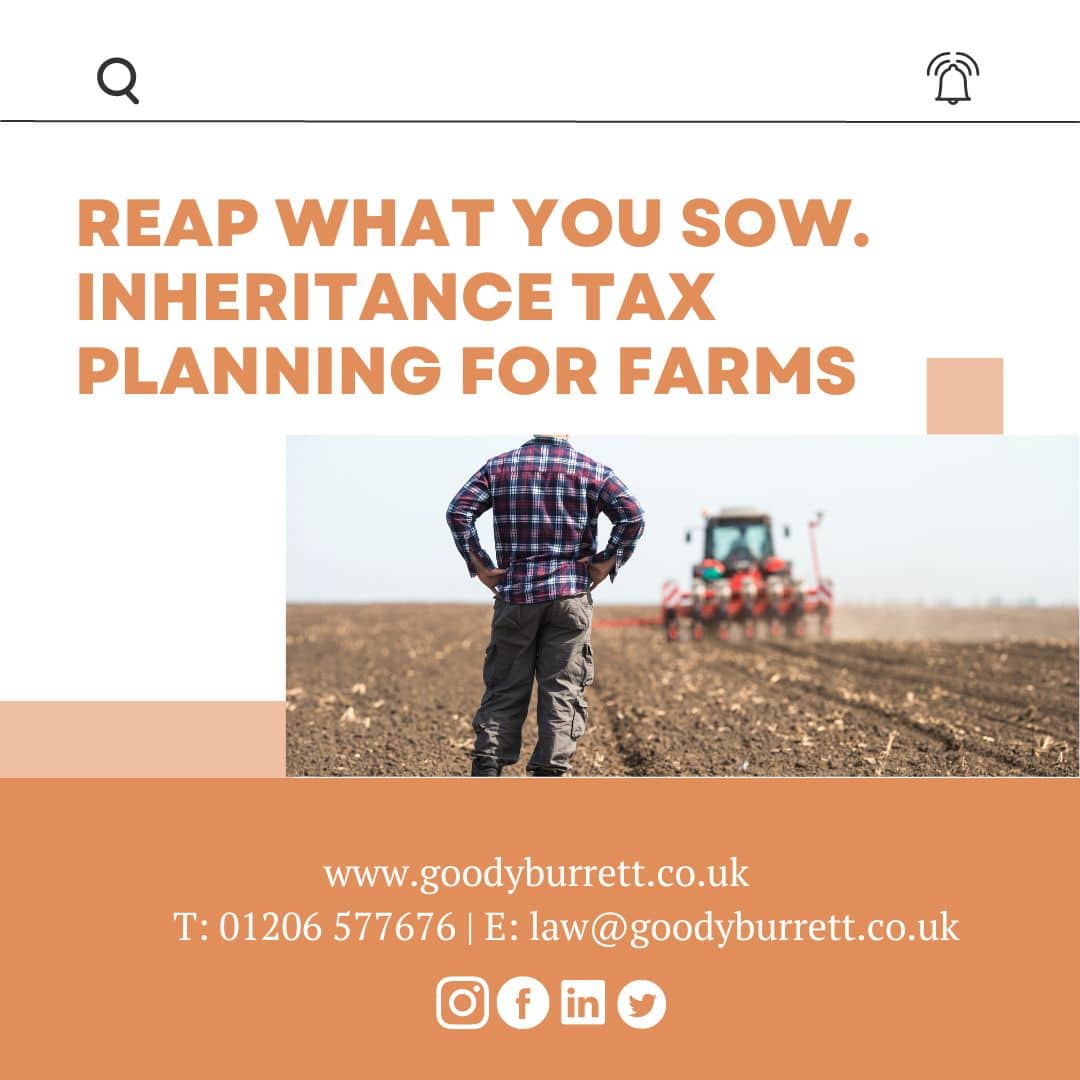
The last thing you want to think about is Capital Gains Tax
Divorce. One of the most stressful times in our lives. Dealing with what’ll happen to the house, what’ll happen to the children… The last thing anyone wants to think about (even at the best of times) is tax. Capital Gains Tax to be specific, or CGT for short.
Charges to CGT arise on the disposal of an asset if its market value or sale price is higher than its acquisition value or purchase price.
The current rate of CGT is 10% of any gain made for basic rate income taxpayers, and 20% for higher rate income taxpayers. For the disposal of residential properties, this rate is increased to 18% and 28% respectively, unless an exemption applies. There are also deadlines by which HMRC must be notified of any gains and the CGT must be paid, otherwise one may be liable for interest and further penalties.
At present, couples that are married or in a civil partnership can transfer assets from one to the other without incurring any liability to CGT. The receiving spouse is deemed to receive the asset at its acquisition value. This means that there is no immediate tax payable on the transfer- it is effectively deferred until a subsequent disposal.
If they then decide to split up, such transfers will only be exempt from CGT until the end of the tax year in which they separate – up to and including 5th April of that tax year. For CGT purposes, couples are treated as separated if they transfer those assets following a court order, a separation agreement or are separated ‘in such circumstances as are likely to be permanent’. Therefore, if a couple separates in November for example, they have only until the following April to reach agreement and then transfer assets between them if they want to avoid incurring charges to CGT – a matter of months. This deadline can pile even more pressure on couples already going through a turbulent time and, even with the best intentions, they are subject to factors outside their control, such as lengthy administrative and court delays. Following the end of the tax year in which they separate, any assets passing between the couple will be deemed to be transferred at the current market value. The gain will be calculated using this figure and CGT worked out accordingly.
On 20th July 2022, HMRC published draft legislation for the Finance Bill 2023 which proposed extending the deadlines for disposals made on or after 6 April 2023. Spouses will be given up to 3 years, after the year in which they separate to transfer assets between them without incurring a charge to CGT. Better still, those who transfer assets pursuant to a court order or separation agreement, will have unlimited time by which to do so. The money that would otherwise be spent on CGT, can be better spent elsewhere, for example on rehousing the spouses and their children.
A spouse who retains an interest in the former matrimonial home i.e. continues living there will continue to have the option to claim Principal Private Residence Relief when it is sold. The spouse who transfers their interest in the former matrimonial one i.e. moves out but is entitled to receive some of the sale proceeds when it is sold, can apply for the same tax treatment to those proceeds as were applicable when they transferred their interest. This scenario can be particularly useful for couples who want to postpone selling the family home under what is known as a ‘Mesher Order’ to allow their children to remain living there until they are adults. At present, Principal Private Residence Relief is available to the resident spouse but only in very limited circumstances to the spouse who vacates.
Remember these proposed changes have not yet been implemented and the current law still stands.
Tax is a complicated issue, and we recommend you seek professional advice from an accountant before committing to any decision to do with your separation or divorce.
If you would like further information, please do not hesitate to contact us on 01206 577676.
For more information
Contact us on 01206 577676 or you can email [email protected]

